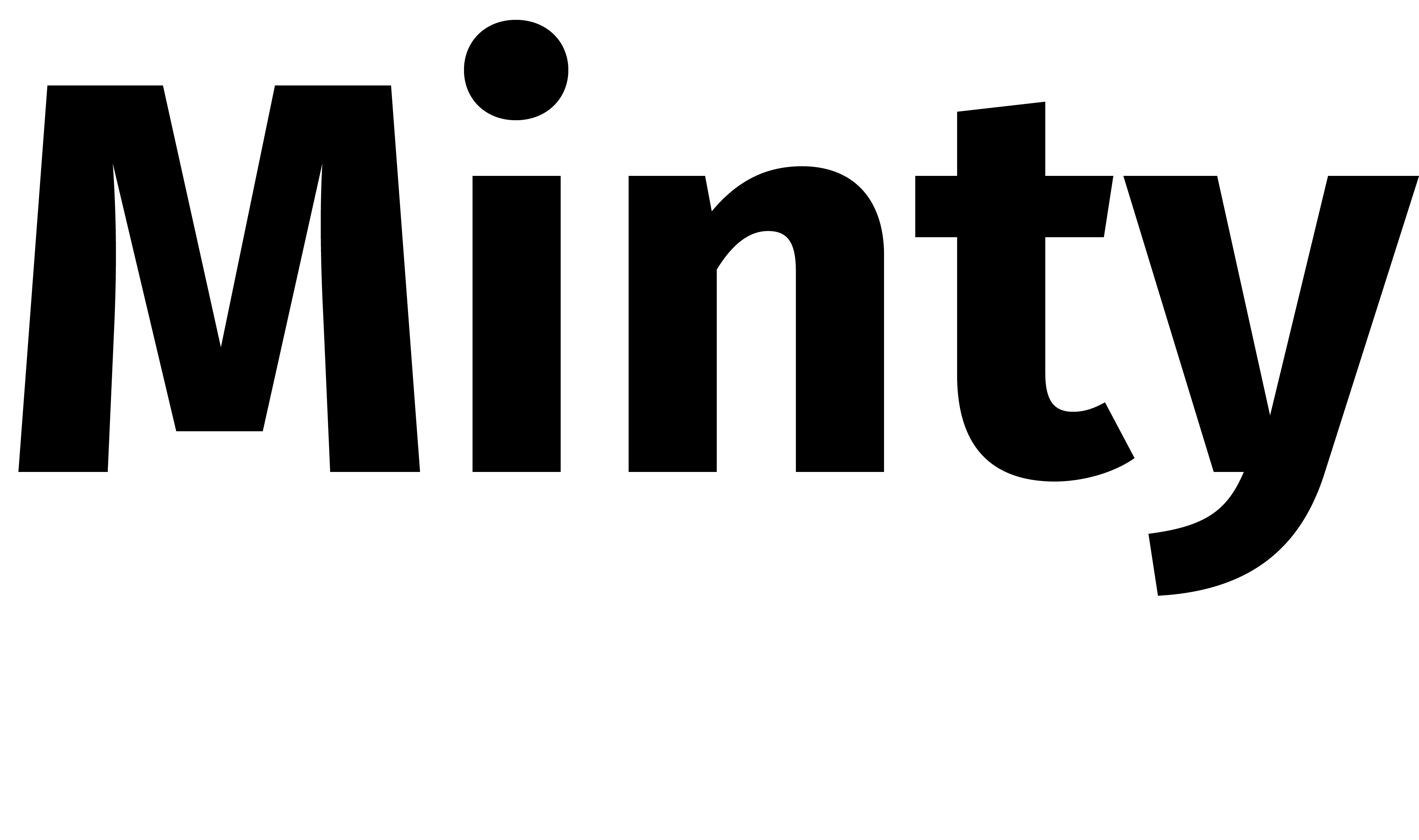Your home is likely the largest investment you’ll ever make, and something you’ll obviously want to preserve. Preventative home maintenance will not only protect your home and maintain its value, but it will also help you save money in the long run. You will also ensure that your home is a safe and comfortable place for you and your family to live for as long as you desire. Here are some tips to protect and maintain your home.
Preventative Maintenance
Your home requires regular upkeep and care to prevent any issues from getting out of hand. A good first step is to create a property maintenance checklist where you break down all of the tasks and projects that need to be completed throughout the year (for example, complete HVAC maintenance before the cold winter or hot summer months). Decide which tasks you can complete on your own and which tasks you’ll need to hire a professional to help with.
Items related to the roof, structure, HVAC systems and plumbing should be top priorities, no matter what time of the year, as these are critical to the infrastructure of your home. Preventative maintenance is key to avoid causing bigger problems down the road, so it’s wise to schedule things like HVAC maintenance and roof inspections to reduce your risk of breakdown.
Emergency Fund
Regardless of age, location or condition, all homes will inevitably need some form of unexpected or emergency repair—it comes with the territory of being a homeowner. It’s better to set up a savings account now that you can contribute to over time and pull from as needed.
Depending on the scope of the issue, you could be looking at thousands of dollars in repairs or equipment replacement costs. Some tasks can wait, but problems with the roof, foundation, plumbing, electrical or HVAC systems generally need to be assessed immediately. Being a homeowner isn’t cheap, but you can set yourself up for sustained success with a little foresight.
Small Stuff
Don’t let a small issue snowball into a big problem—when you notice something is wrong, deal with it right away to save yourself time and money down the road. Something like a small faucet drip can quickly turn into a major water problem if ignored for too long. A leak in the water heater may not seem like an immediate problem, but this can often be a warning sign of tank failure. Be wary of seemingly small problems and look into them right away to avoid having to dip into your emergency fund.











Comentarios